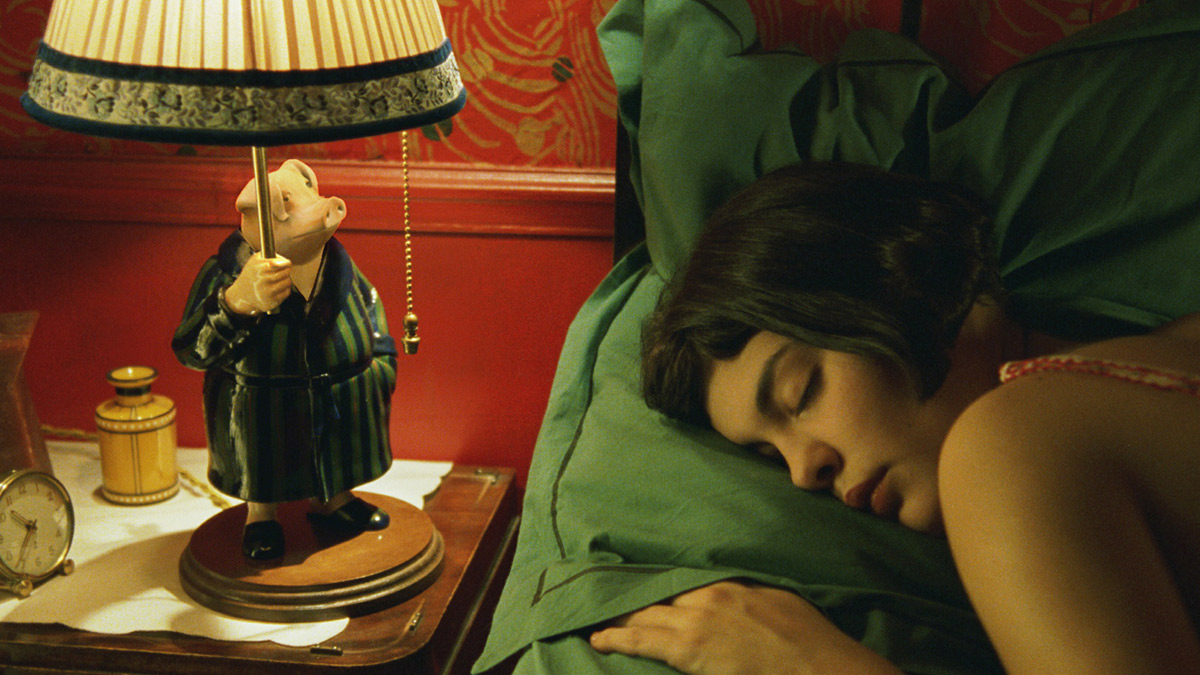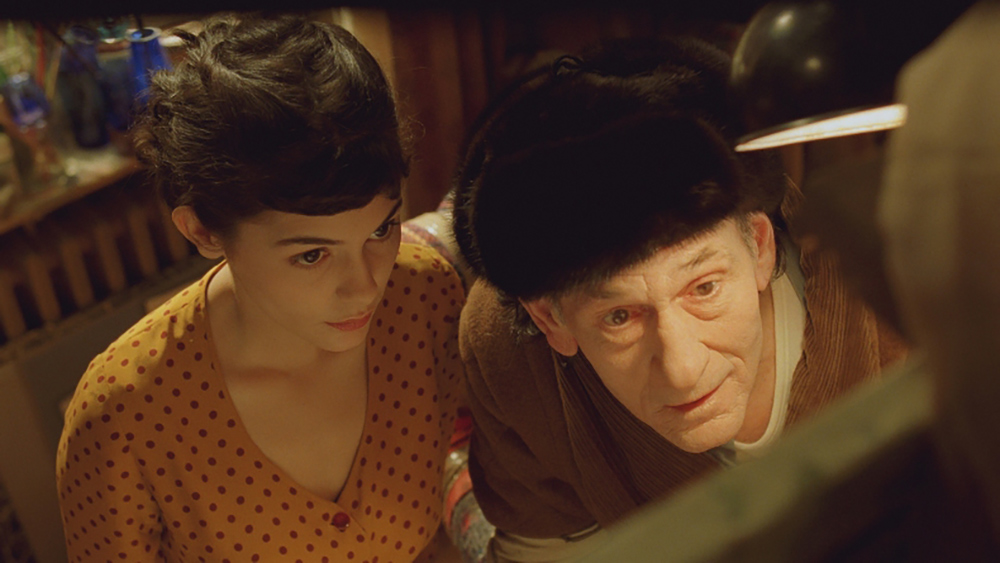
Ⓒ2001 UGC IMAGES-TAPIOCA FILM-FRANCE 3 CINEMA-MMC INDEPENDENT-Tous droits reserves
``Amélie'' The director with a nightmarish sense succeeds in the challenge of making people happy. A movie that continues to be loved even today
2023.11.14
After making two films together, they moved to Hollywood.
"Amélie" is the fourth feature film for director Jean-Pierre Jeunet. The first two were co-directed with his friend Marc Caro. Jeunet and Caro's first feature film, " Delicatessen " (1991), is set in Paris 15 years after the end of the nuclear war, and is a drama about mysterious characters in a butcher shop that doubles as an apartment. Their second film, " The Lost Children " (1995), is a fantastical story about a strong man who searches for his younger brother who was kidnapped by the "One-Eyed Tribe" and falls in love with a girl. Both films seem to be set in the future, but the art is nostalgic. They also incorporate black humor, and with these two films they demonstrated their strong artistic talent and gained fans in Japan.
Jeunet and Caro were called to Hollywood for the next film, " Alien Resurrection ," but Caro dropped out because he was not used to filmmaking in America. Jeunet ended up directing the film alone. Jeunet took over the series, which had such big names as Ridley Scott, James Cameron, and David Fincher as directors, but the film received mixed reviews, just like Fincher's third film. After spending about two years in Hollywood preparing for " Alien Resurrection ," Jeunet decided to make a film in his native France again, and he directed "Amélie" alone.

“Amélie Digital Remastered Version”Ⓒ2001 UGC IMAGES-TAPIOCA FILM-FRANCE 3 CINEMA-MMC INDEPENDENT-Tous droits reserves
Jeunet has completely changed his style from the previous three films, which emphasized nightmarish worlds, to this film, which is centered on an approach that leads the viewer to a happy mood, and is packed with the same maniacal sensibility as his previous works, as it follows the daily life of the protagonist, Amélie Poulain.
22-year-old Amélie has loved daydreaming since childhood and works as a waitress at a cafe in Montmartre. One day, she finds a small box in the bathroom of her apartment, and upon discovering its owner, she awakens to the joy of "making people happy." She is drawn to a young man named Nino, and begins to face her own reality... People who experience small miracles through Amélie's actions, and those around her who are unrelated to Amélie but experience the small joys and sorrows of everyday life. As these events pile up, the viewer is strangely immersed in a happy mood, just as Genet intended.

